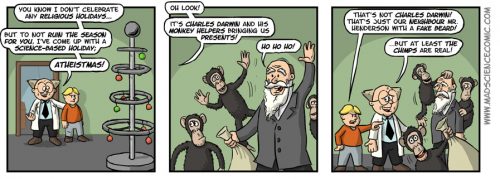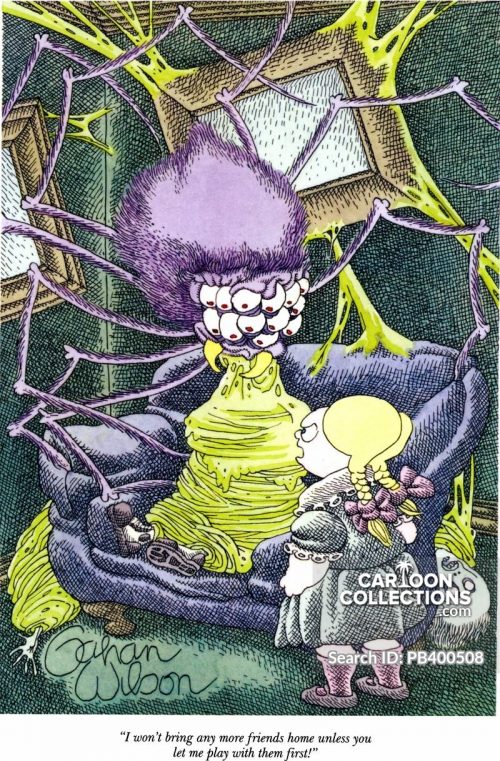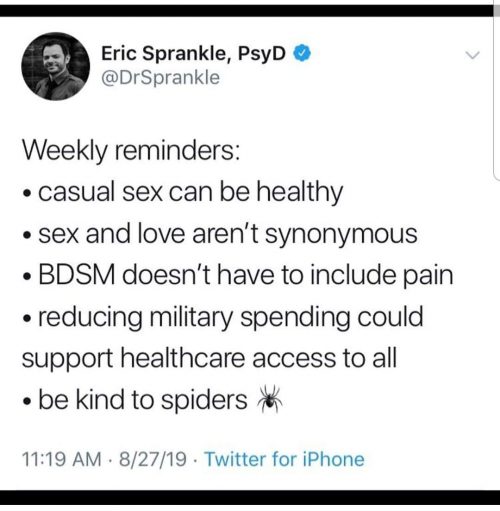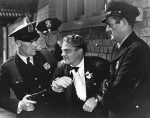Minor, but I intend to celebrate them.
- I gave the students a pop quiz Friday, and got it graded by Saturday! In fact, I am completely caught up in grading for the first time this semester.
- I got an exam written for Monday delivery! I could look on the dark side of that, in that it means I’m only caught up until tomorrow, but I’m going to pretend that writing a new and original exam is a good thing.
- The temperature in my office is currently around 33°C, which is miserable and made getting the work done harder, but I finished anyway. On the bright side, my sweat glands work!
- I revamped a lot of things for FtB, with some more on the way, and all the other bloggers here are happily tearing through old applications, saying yes or no. I guess I was the bottleneck holding everyone back. But I’m not anymore!
- This is going to be a short week since there’s some sort of holiday on Thursday. We’re planning to bring my oldest little boy, Alaric, home for a day. We’ll probably continue our tradition of putting up the Atheist Tree while he’s here, preparing for Atheistmas next month.
I guess that’s four good things with one in the works. It counts!









